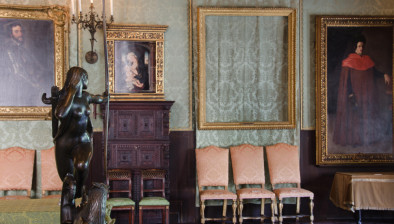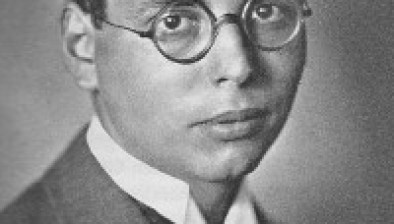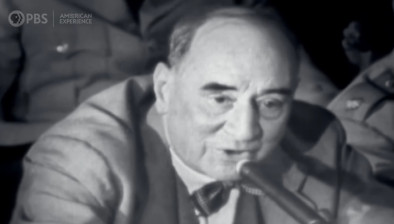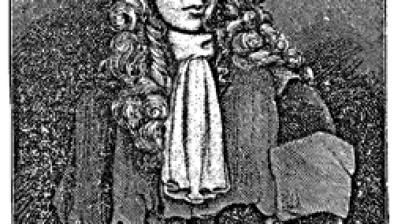Our Legal Heritage: The judges who defied the Nazis

"Selection" of Hungarian Jews on the ramp at Auschwitz II-Birkenau in German-occupied Poland, around May 1944. Jews were sent either to work or to the gas chamber. The photograph is part of the collection known as the Auschwitz Album.
To mark International Holocaust Remembrance Day, Tom O’Connor considers the courageous conduct of two German judges who remained true to their principles and stood up to the Nazis.
The shameful conduct of German judges under the Hitler regime was symbolised by the appalling behaviour of the fascist judge Roland Freisler and highlighted by the trial of Nazi judges in Nuremberg in 1947.
A handful of courageous judges, however, remained true to their vocation and acted as the conscience of the German judiciary. Among them were Fritz Bauer and Lothar Kreyssig.
Aged just 27, Fritz Bauer became the youngest judge in Germany when he was appointed in 1930. He was a social democrat and a staunch opponent of the Nazi party. He was also Jewish and, when the Nazis came to power in 1933, he was sent to Heuberg concentration camp where he was tortured and humiliated. He was released after nine months, fled to Denmark in 1936 and eventually sought asylum in neutral Sweden.
Bauer returned to Germany in 1949 to resume work as a judge, committed to bringing those responsible for the Holocaust to justice. It was difficult work for which he was threatened and ostracised because many of the Third Reich’s values, including antisemitism, were still embedded in West Germany.
A colleague in Argentina told Bauer in 1957 that Adolf Eichmann, one of the main architects of the Holocaust, was living in Buenos Aires under an assumed name.
Bauer was now chief state prosecutor in Frankfurt but mistrusted the German system, which still contained numerous Nazi sympathisers. He chose not to alert the West German authorities suspecting that Eichmann would be tipped off and secretly informed Mossad, the Israeli secret service, of Eichmann’s whereabouts. It was a significant personal risk and a treasonable offence. Aided by Bauer’s lead, Mossad famously captured Eichmann in 1960 and put him on trial in Israel, where he was hanged.
Bauer also played a key role in bringing 22 members of the Nazi SS to justice at the controversial Frankfurt Auschwitz trials in 1963, the first of their kind in Germany. The majority of the accused were convicted. Importantly, the trials finally prompted the largely reluctant German population to address the nation’s guilt over the Holocaust.
Similarly, judge Lothar Kreyssig displayed tremendous courage in resisting the Third Reich. He was the legal guardian of many with physical and mental disabilities in his position at a German district court of guardianship.
In early 1940, Kreyssig suspected that an increase in the number of his wards of court dying was attributable to the Nazi regime. He was right. Disabled people and residents in care homes were being murdered under the Aktion T4 plan, which ultimately killed 300,000 people.
Kreyssig did not know the full extent of it when he wrote to the minister of justice, expressing his concern about the number of deaths. He then bravely forbade the transport of those under his legal guardianship without his permission. Kreyssig also filed a lawsuit for murder against the SS chief officially responsible for Aktion T4, Philipp Bouhler.
The Minister of Justice later gave Kreyssig a letter signed by Hitler demanding that he retire. He had no choice. Although Kreyssig could no longer resist the Nazi regime as a judge, he and his wife Johanna protected Jews trying to escape the Third Reich.
Like Bauer, he ensured that Germany took responsibility for Nazi atrocities. Kreyssig was involved with the foundation of the Action Reconciliation Service for Peace, which still enables young Germans to volunteer in countries affected by the Nazi regime.
Kreyssig’s grandson emphasised the importance of his grandparents’ story: “My grandparents overcame their fear and showed courage. This attitude may serve as a model for future generations to stand up for a society of values – to stand up for our convictions.”












